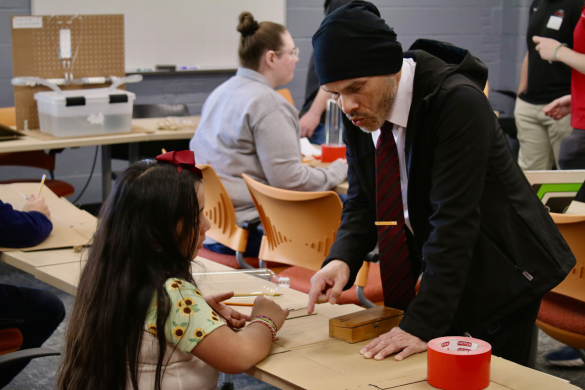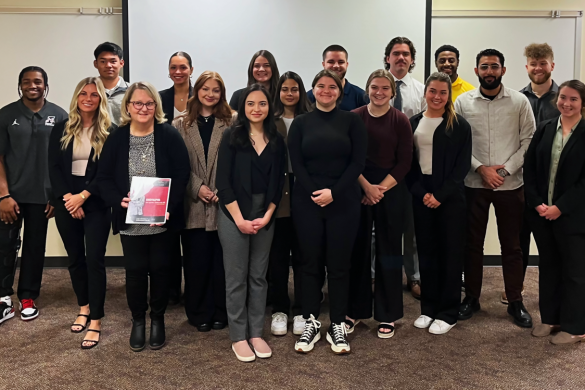The Department of Philosophy and Religion hosted an event entitled “The Ethics of Physician Assisted Suicide” on Thursday, April 16, in the Schwitzer Student Center. The documentary “How to Die in Oregon” was selected for the event based on the results of a survey of University of Indianapolis students about both medical and nonmedical ethical issues, according to Associate Professor of Philosophy and Religion Peter Murphy.
“How to Die in Oregon,” produced in 2011, describes how physician-assisted suicide works in Oregon, which was the first state to legalize this practice in 1997. At the time, only Belgium, Switzerland and the Netherlands condoned “death with dignity.” The documentary focuses on patients who choose their death date. The patients’ doctors also spoke about their job, explaining that the work cannot be based on emotions. Murphy said setting a death date is a way for a person to have control over his or her situation.
“Setting a death date is kind of grim, because the only other time people set a death date is for capital punishment,” Murphy said. “They’ve done a lot of studies in Oregon and found that over 50 percent of the people who get the prescription do not take it. They just want to have that control because in a time when a person feels like death is going to take them, they feel they have lost control.”
Derrick Humphry, founder of the Hemlock Society, past president of the World Federation of Right to Die Societies and author of “Final Exit,” appears in the film as an expert on the subject. He said that the key to passing a physician-assisted suicide law lies in the fact that the patient must be the one to take the medicine. He explained that the American Medical Association, and all other medical associations, are against direct injection because that feels similar to the practices of Jacob Kevorkian, a pathologist who claimed to have assisted 130 patients to their death and was later convicted of second-degree murder for doing so.
Junior medical anthropology major Searra Flynn attended the event for lecture/performance credit, but she said it gave her ideas of what to study in her field.
According to Murphy, Oregon, Washington and Vermont are the only states that allow physician assisted suicide and have legal conditions to attain the prescription. First, the patient must be terminally diagnosed with less than six months to live. Second, another physician must confirm the prognosis. Then, the paperwork must be filled out on three separate occasions to ensure that this is a definite decision. Finally, the patient must be fully informed of his or her prognosis and his or her options and entirely competent.








